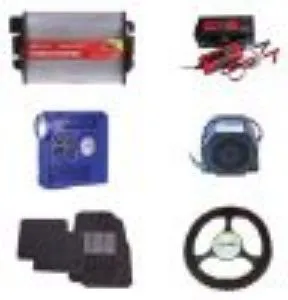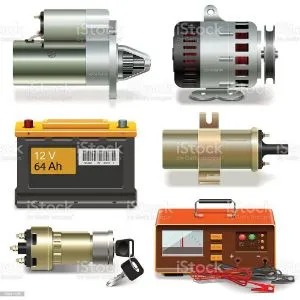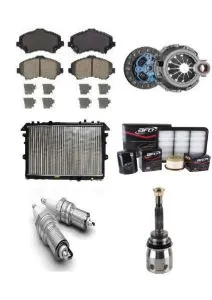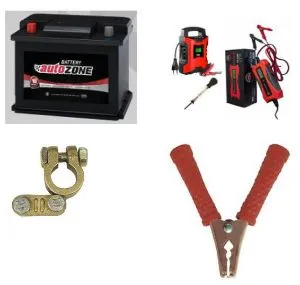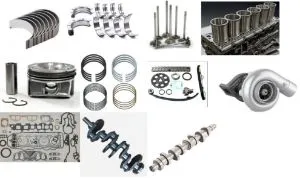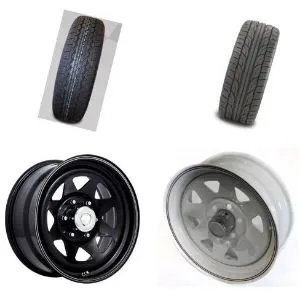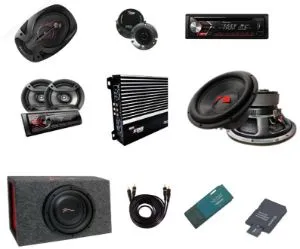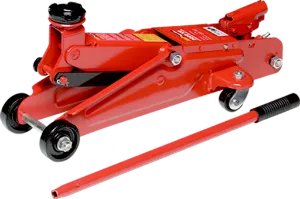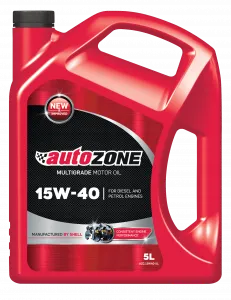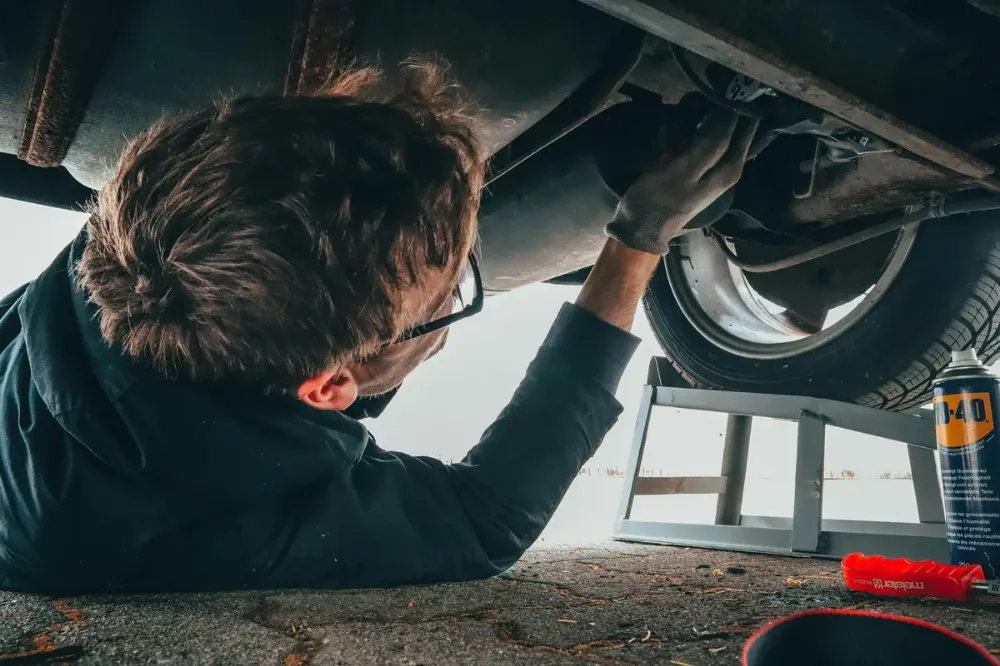Maintaining your car is crucial for ensuring its longevity, performance, and safety. Regular maintenance can prevent breakdowns, save you money on repairs, and keep your vehicle running smoothly. Here are ten essential car maintenance tips every car owner should know:
1. Regular Oil Changes
Oil is the lifeblood of your engine, lubricating its many components and preventing wear. Check your car’s manual for the recommended oil change intervals and stick to them. Typically, this is every 5,000 to 7,500 kilometers, but it can vary based on the type of oil and your driving conditions.
2. Check Tire Pressure and Tread
Properly inflated tires ensure better fuel efficiency and handling. Check your tire pressure monthly and before long trips, and keep it at the manufacturer’s recommended level. Also, inspect the tread depth and look for any signs of uneven wear, which could indicate alignment issues.
3. Inspect and Replace Air Filters
Air filters prevent dirt and debris from entering the engine. Over time, they become clogged, which can affect engine performance and fuel efficiency. Check your air filter every 12,000 to 15,000 kilometers and replace it if it’s dirty.
4. Monitor Fluid Levels
Your car relies on various fluids, including coolant, brake fluid, transmission fluid, and power steering fluid. Regularly check these fluid levels and top them off as needed. If you notice any significant drops, it might indicate a leak that needs addressing.
5. Test Your Battery
A dead battery is a common cause of breakdowns. Inspect your battery terminals for corrosion and ensure they are clean and tight. Most batteries last about three to five years, so consider replacing yours within this timeframe to avoid unexpected issues.
6. Check Your Brakes
Your brakes are essential for safety. Listen for any unusual noises, such as squeaking or grinding, and pay attention to any changes in how your brakes feel. Regularly inspect the brake pads and rotors, and replace them if they show significant wear.
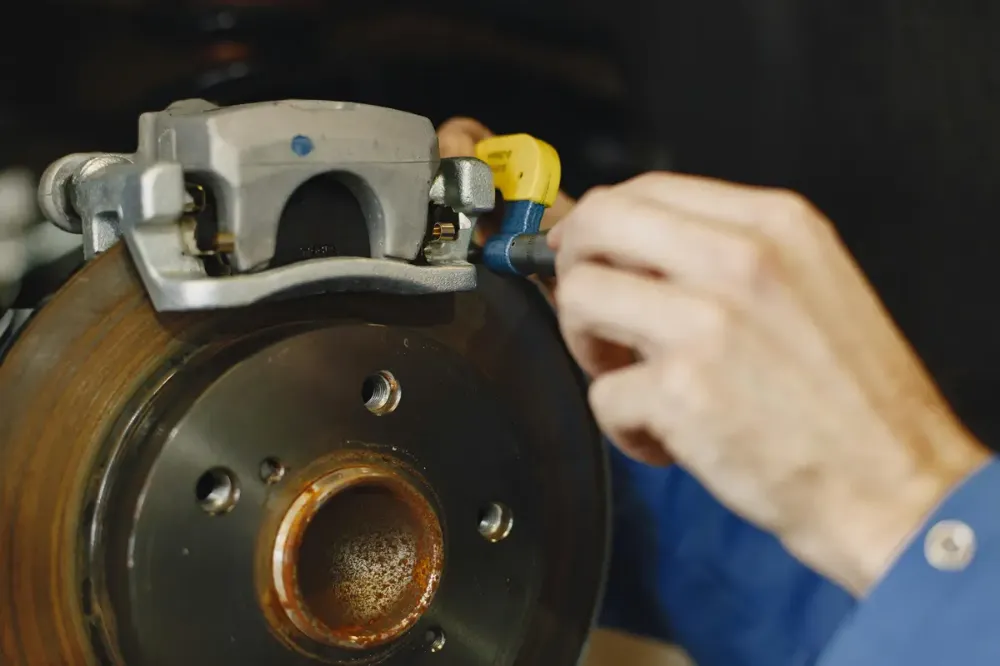
7. Inspect Belts and Hoses
Belts and hoses are vital for your car’s operation, driving components like the alternator and power steering pump. Look for signs of wear, such as cracks or fraying. Replace any belts or hoses that appear damaged to avoid a breakdown.
8. Replace Wiper Blades
Good visibility is crucial for safe driving. Wiper blades should be replaced every six months to a year, or as soon as they show signs of wear like streaking or splitting. Don’t forget to check and top off your windshield washer fluid regularly.
9. Keep Your Car Clean
Regular washing and waxing can protect your car’s paint and prevent rust. Clean the interior as well, removing dirt and debris that can cause wear over time. A clean car not only looks good but also maintains its value better.
10. Follow the Manufacturer’s Maintenance Schedule
Your car’s manufacturer provides a maintenance schedule tailored to your specific vehicle. This schedule includes important service intervals for tasks like timing belt replacement, spark plug changes, and more. Following this schedule helps ensure your car remains in optimal condition.
Regular maintenance is key to keeping your car in top shape. By following these tips, you can enjoy a reliable and safe driving experience while potentially avoiding costly repairs in the future. Remember, a well-maintained car is not only more efficient but also safer for you and your passengers.
.png)
